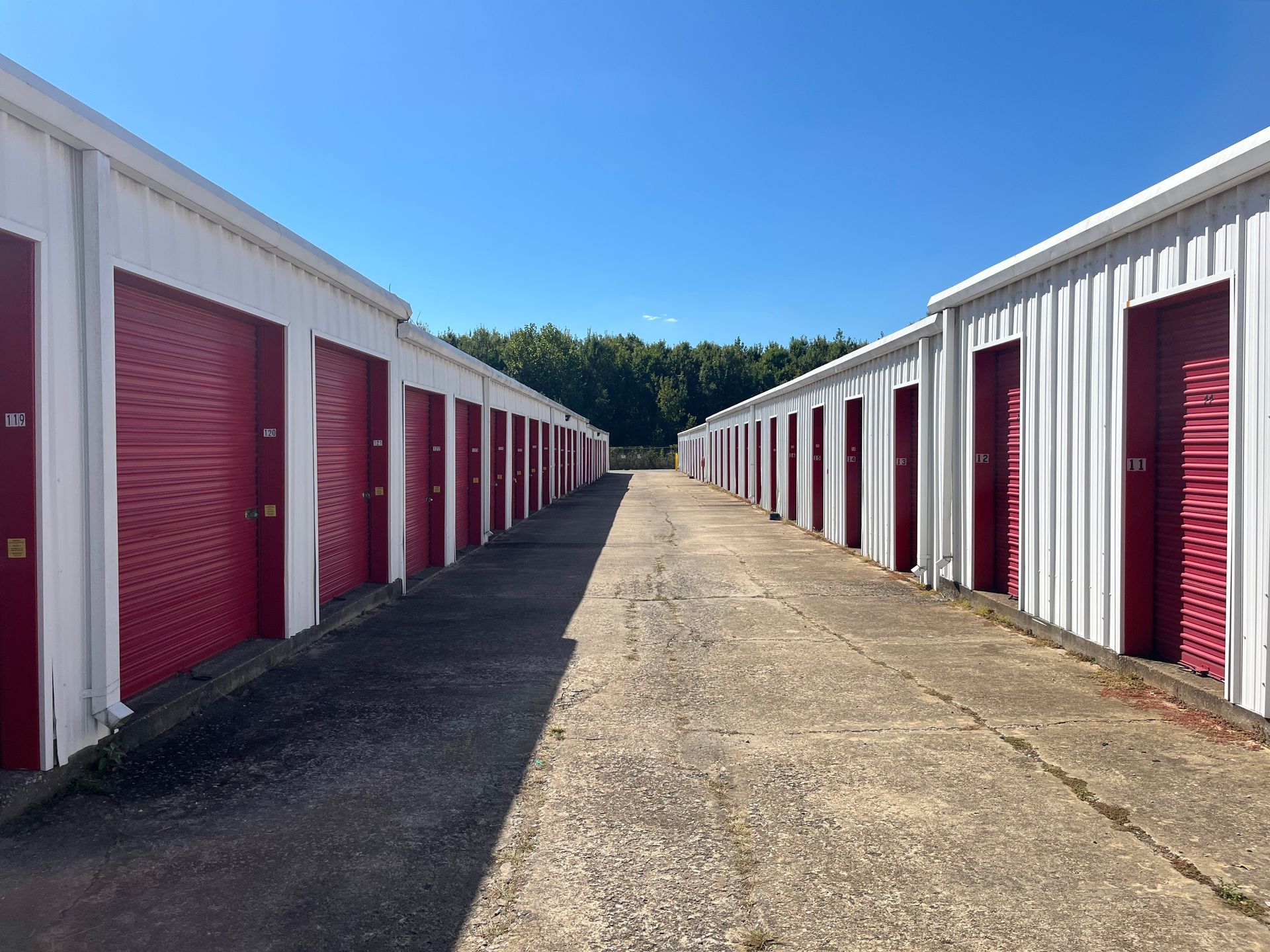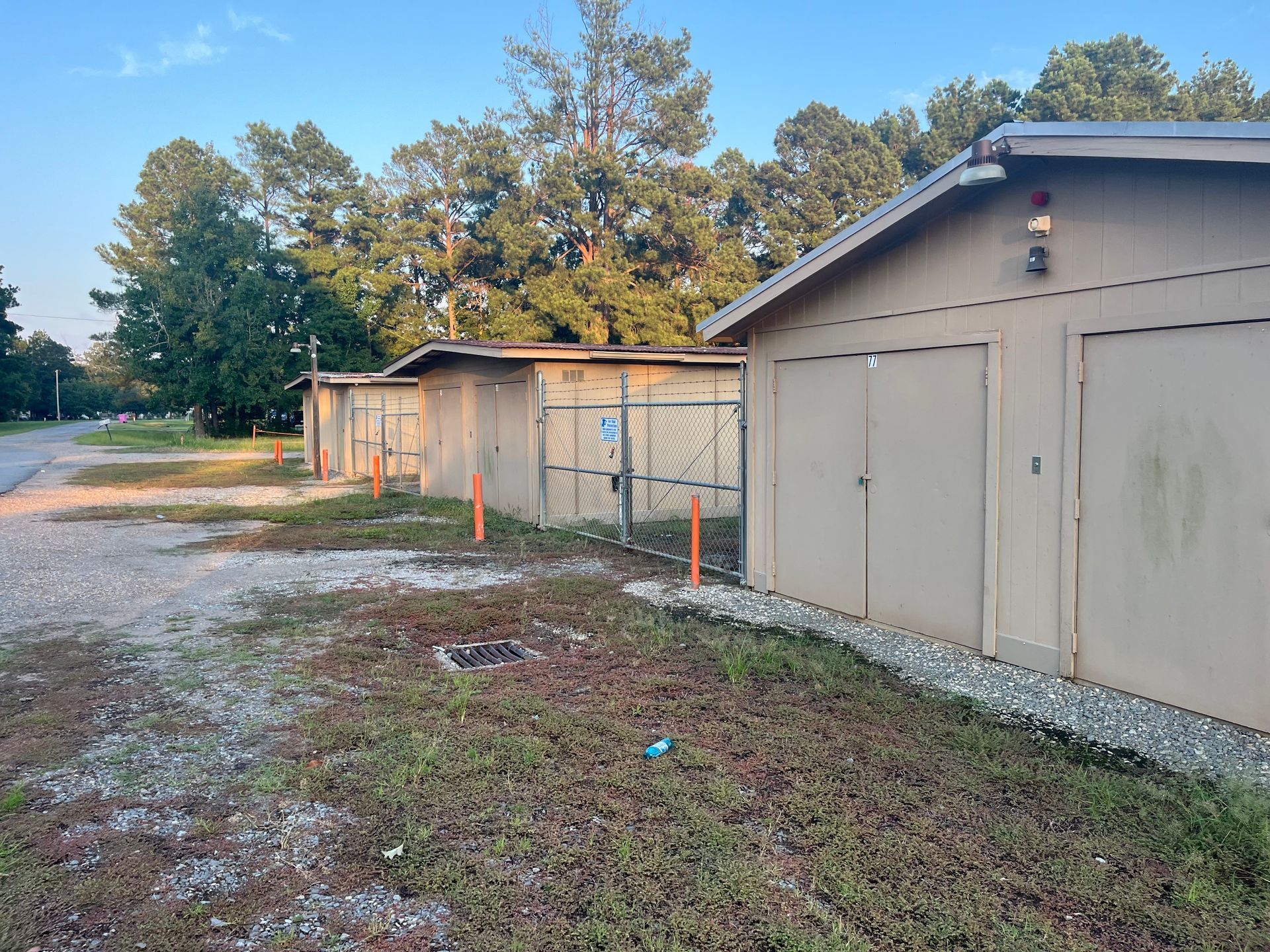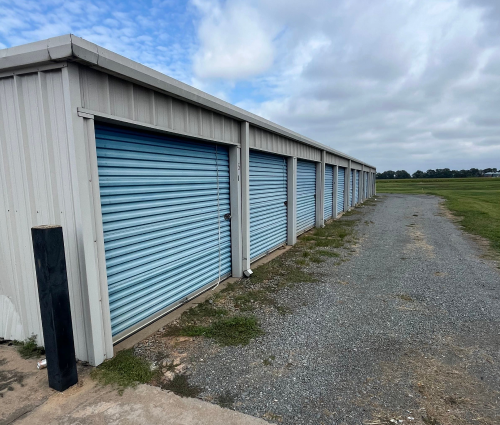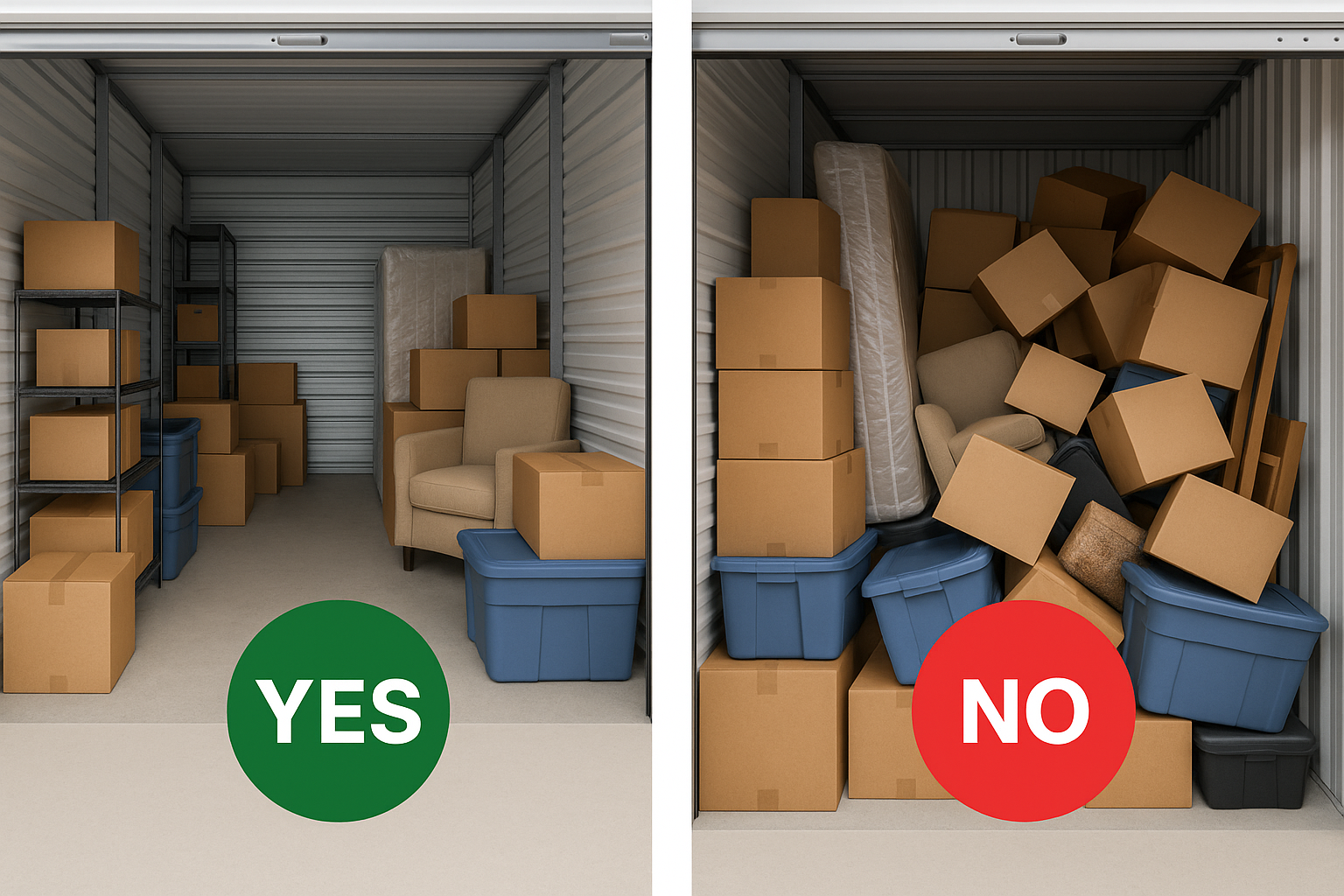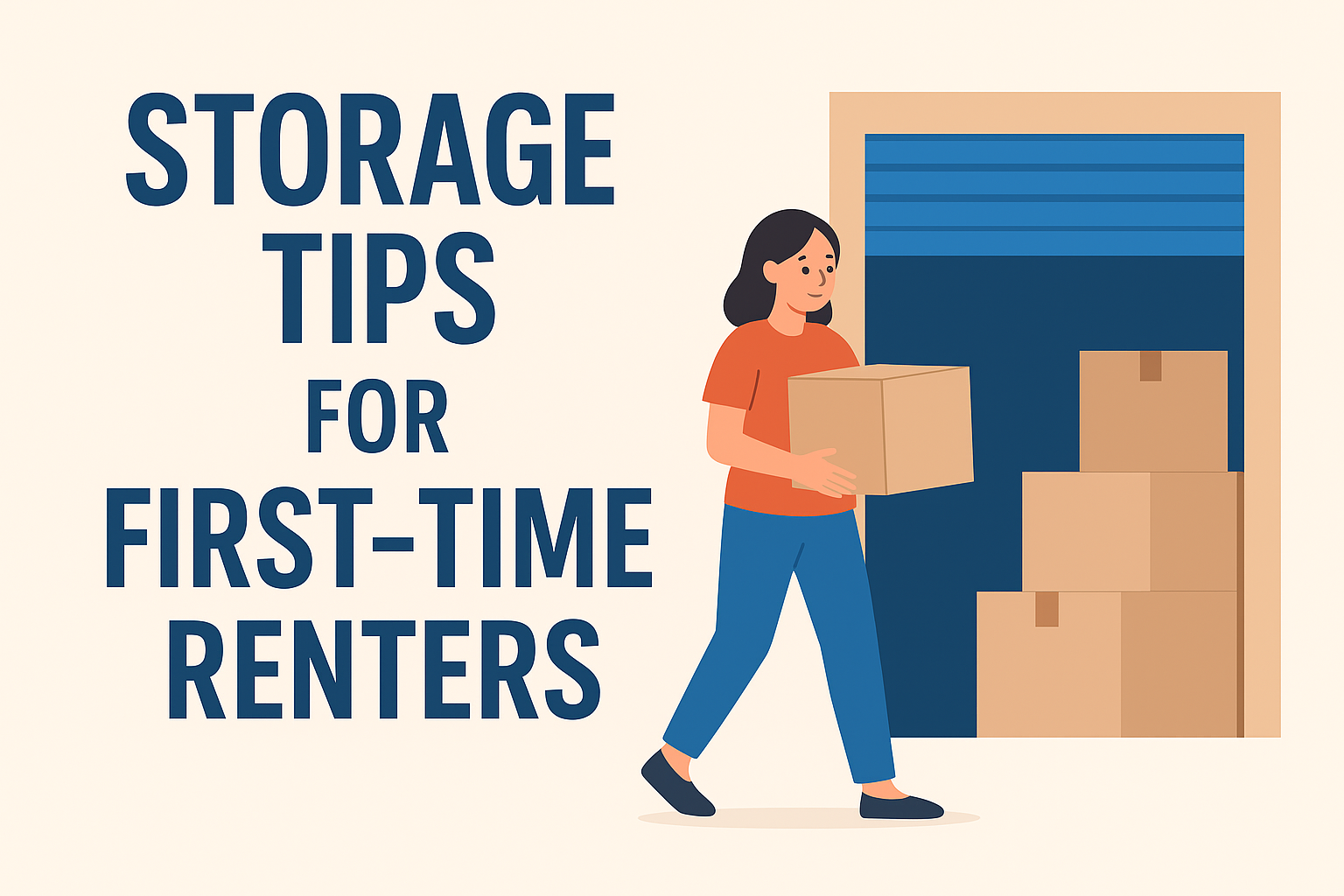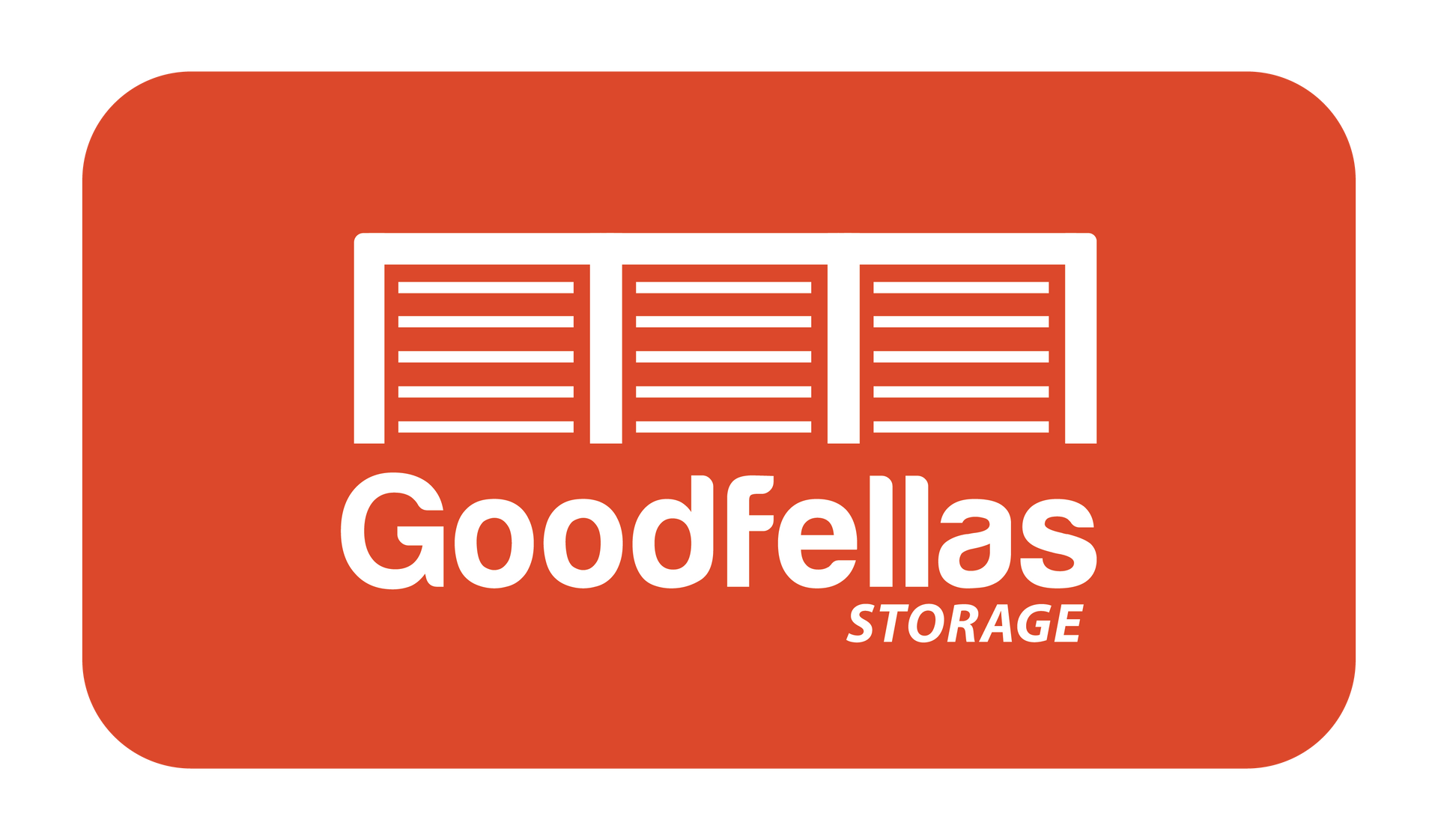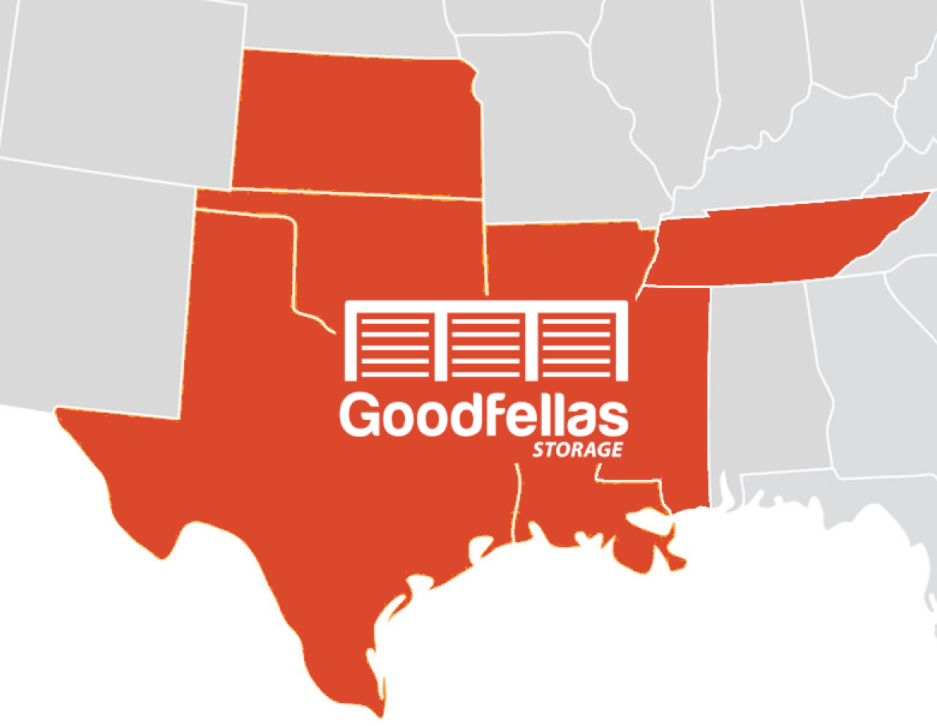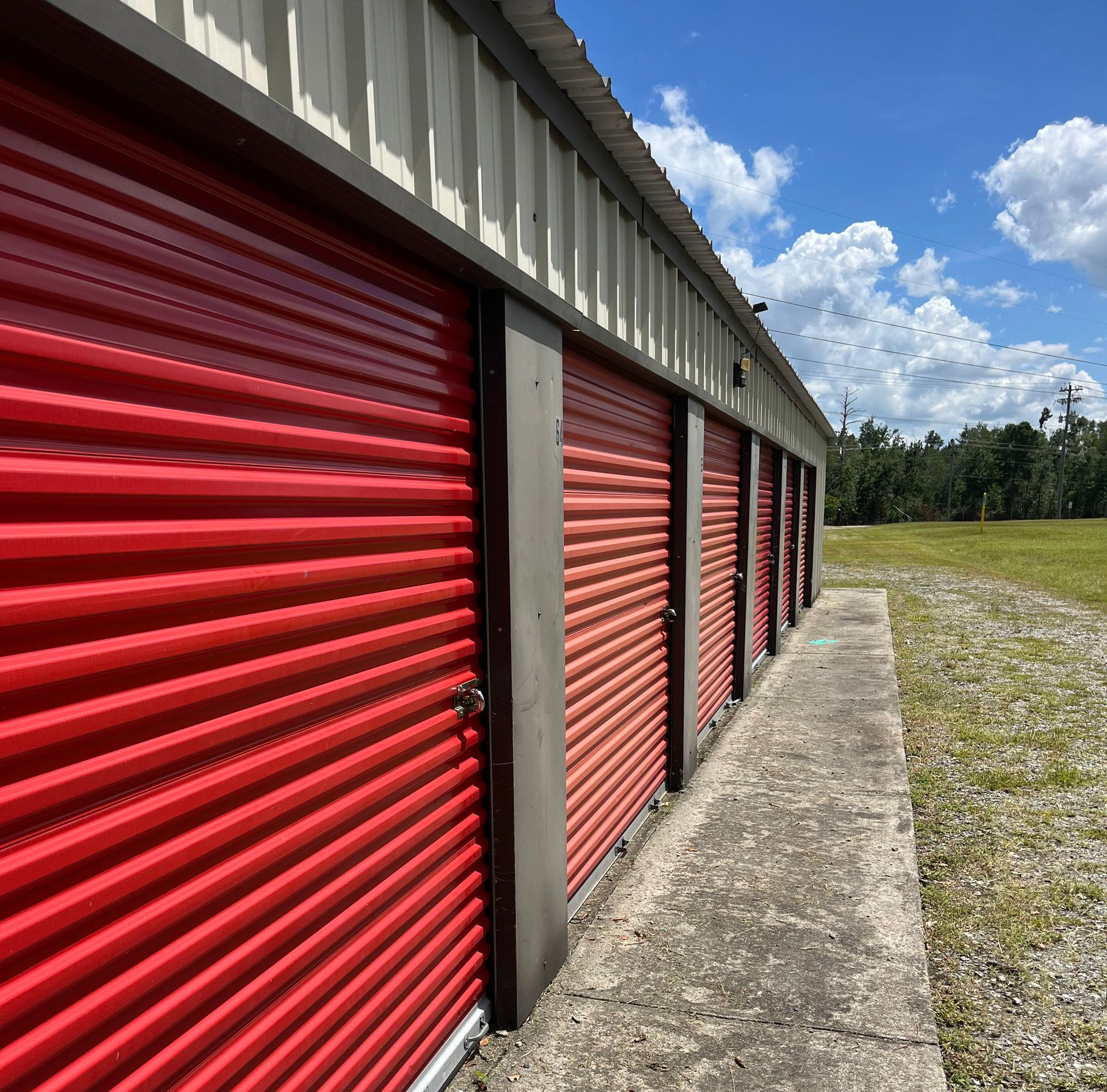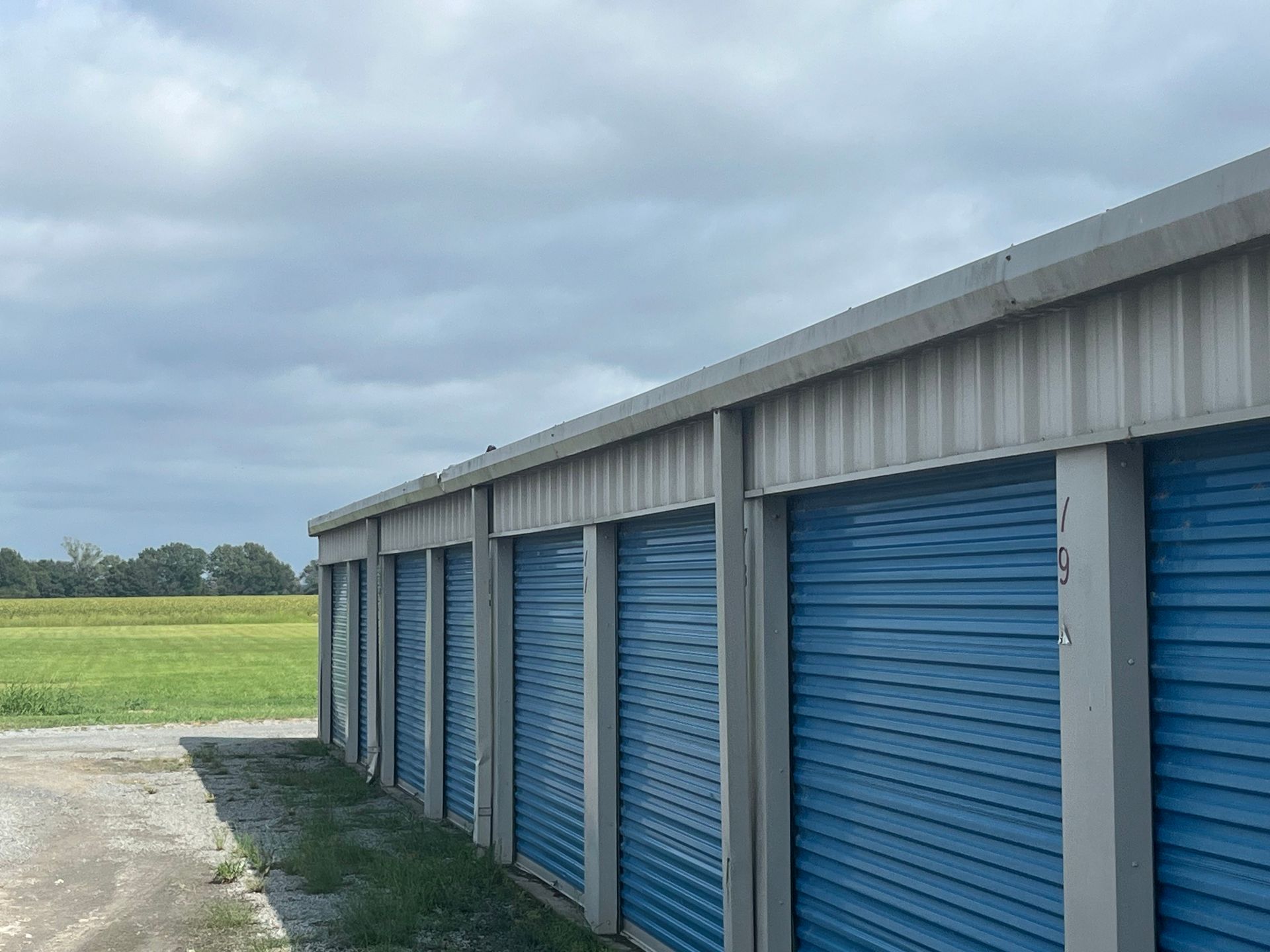North Carolina Towns Benefiting from Self Storage Expansion
How self-storage growth is transforming North Carolina’s small towns with new opportunities, economic benefits, and long-term community impact

Across North Carolina, small towns are quietly reaping the rewards of a booming self-storage industry. As the state’s overall storage market expands—especially in metro hubs like Charlotte and the Triangle—suburban and rural communities are emerging as growth corridors themselves. This post explores how that expansion is impacting small towns in NC, the economic benefits they reap, and what future opportunities lie ahead.
Why the Growth? Macro Trends in NC & Beyond
Statewide demand driven by migration and job growth
North Carolina saw one of the largest renter inflows in 2023–24, second only to Texas. To accommodate this population boom, both housing and self-storage supply expanded in tandem.
Rapid development in key metros leads to spillover
Charlotte and Raleigh-Durham saw triple-digit percentage increases in storage supply over recent years—17.5% in Charlotte and up to 25% in Raleigh-Durham.
Now, a shift toward balanced markets
With overbuilding now cooling off, prices are stabilizing—even dropping—in many parts of NC. Charlotte’s street rates for 10×10 units have decreased, providing opportunities for expansion into under-served secondary markets.
Small Towns Leading the Way
1. Yanceyville (Caswell County)
With proximity to the Piedmont Triad and ample undeveloped land, Yanceyville is well-positioned for self-storage development. The local economy—with agriculture, light industry, and a growing industrial park—provides a customer base for both household and business storage demand.
2. Gastonia (Greater Charlotte Region)
Just outside Charlotte, Gastonia is home to new multi-story, climate-controlled facilities like a 95,070 sq ft development catering to growing local storage needs.
3. Other emerging towns
Towns in Johnston, Union, and Brunswick Counties are attracting self-storage investment, especially near growing commuter corridors. These secondary markets offer attractive entry points with less competition and strong future demand potential.
Economic & Community Benefits
Job creation & investment – New storage facilities generate construction jobs and long-term property management positions. They also sit on vacant or underused land, contributing to tax revenues.
Supports local businesses – Entrepreneurs, landscapers, realtors, and contractors benefit from storage units to manage inventory and equipment.
Housing flexibility – As families relocate, downsize, or juggle multiple residences, storage becomes a vital extension of the home.
Affordable storage rents – Smaller towns typically enjoy lower land costs, helping developers keep street rates competitive—often below the metro-area average.
Industry Players & Developer Strategies
Sunbird Storage & Martin Development have pushed projects in towns close to major metros. Martin’s portfolio includes a 75,000‑sq‑ft, multistory facility with 65% climate‑controlled units on a 4.88‑acre site in NC.
Zoning-friendly local governments—town councils and planners in smaller communities are increasingly approving storage projects, recognizing their low-traffic nature and tax base advantages.
Challenges & Considerations
Risk of oversupply – Some towns risk repeating the overbuilding pattern seen in the Triangle and Charlotte metros if development overheats, leading to downward pressure on rents.
Community concerns – Aesthetic and land-use debates are common. Thoughtful design, mixed-use considerations, and public outreach help projects get approved.
Demographic shifts – Small towns with flat or declining populations might struggle to support expansion unless tied to commuter zones or new housing developments.
Q&A: Smart SelfStorage Expansion in NC Towns
Q: Why are small towns attractive for self-storage expansion in NC?
A: They often have available land, lower development costs, commuting access to urban job centers, and still-unmet local demand—which helps drive reasonable occupancy and ROI.
Q: What types of customers typically rent units in these towns?
A: Residents during moves or downsizing, remote workers with at-home storage needs, small business owners (e.g. contractors, landscapers), and nearby commuters seeking off-site storage.
Q: Are rental rates competitive in small NC towns?
A: Yes. Rents in towns just outside major metros or in underserved areas often fall below metro rates (e.g. Charlotte or Raleigh), thanks to lower land and construction costs.
Q: What market indicators should investors monitor?
A: Local population growth, municipality zoning policies, vacancy and absorption rates for nearby new supply, and regional housing trends.
Q: How does climate-controlled storage factor in?
A: Demand for climate-controlled units continues rising—even in small towns—particularly where seasons are humid or hot. Developers often include 50–65% of such units in new builds.
Takeaway
North Carolina's self-storage boom is no longer limited to big cities—it’s spreading into small towns where smart growth, accessible land, and migration patterns align. These communities enjoy economic uplift, enhanced services, and more affordable storage options. For operators, the smart investor pays attention to small-town NC markets that may offer better yields than highly saturated metros.
Suggested Further Reading
- RentCafe trends on self storage prices and migration hotspots
- StorageCafe reports on Charlotte and Raleigh market dynamics and supply growth
- Inside Self-Storage development news on zoning approvals and facility pipelines


